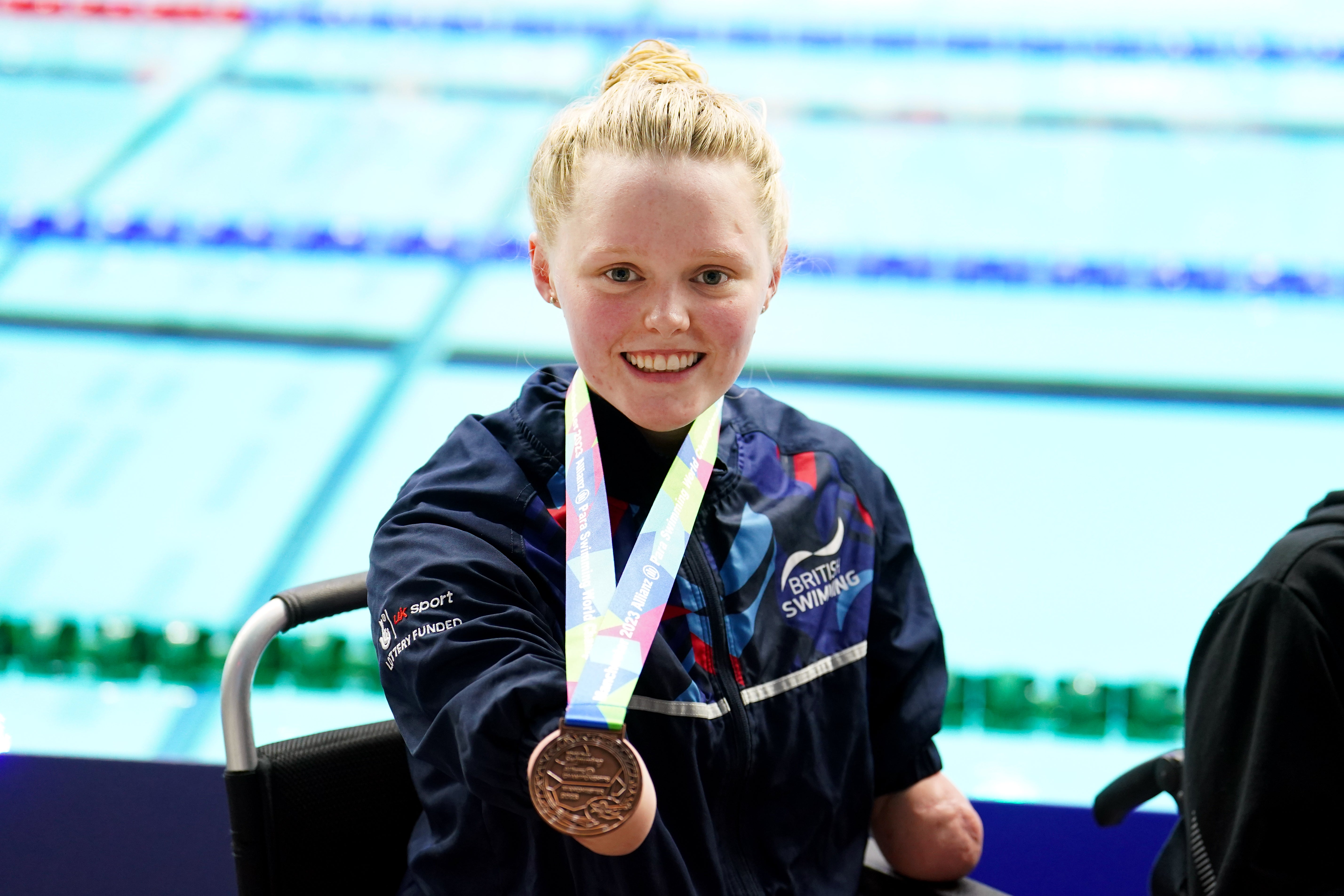No room at the (Premier) Inn… if you’re disabled
The story of the Paralympian turned away from a hotel will be familiar to all disabled people, says James Moore. It’s time the hospitality industry realised they have to do more than fly a flag or wear a badge to make us feel welcome


When Ellie Challis, the teenage Paralympic swimmer, and her father arrived late in the evening at their Essex hotel, the pair were ready for bed.
However, despite having a confirmed booking at the Premier Inn in Romford and having checked in, they couldn’t reach their room with Ellie in her wheelchair as the lift was broken.
After a two-hour wait, as staff tried but failed to find other accommodation, the pair realised they had no option but to make a 200-mile journey home to Manchester in the middle of the night.
At this time of year, we tell the Nativity story, about no room at the inn. This was a case of no lift at the Inn.
What would have happened had Challis been on her own? I shudder to think (a point that the family made).
But what I find particularly interesting is the statement issued by Premier Inn.
“When a guest books an accessible room, this automatically triggers a pre-stay call to make sure the room booked is the most suitable for them.”
This is, of course, irrelevant to the issue at hand. Note to Premier Inn: disability doesn’t do one-size-fits all. Challis – who was 16 months old when she contracted meningitis, resulting in the amputation of her four limbs – is uncomfortable using the wet rooms built as standard in accessible hotel rooms. The pair had instead booked a regular twin room.
The Premier Inn statement continues: “However, we understand some people with accessibility issues on occasion do prefer to book our standard rooms.”
Right. So you are aware that this happens. Nor should it create a problem.
But here it comes: “Where this is the case, we have an accessible email helpline, which again helps ensure the room allocated is the best fit for individual needs.”
Where do you start in response to that? What even is an e-mail helpline? The problem with e-mails is that they can very easily be ignored. I don’t know if that’s true of Premier Inn. Maybe theirs is a shining example of how they should operate. Trouble is, if you’ve had any history with these email service things, your natural assumption is not to bother. Experience teaches that they are no match for speaking to an actual person with a mandate to help.
But why should it be necessary to speak to anyone in the first place? For something as apparently simple as booking a hotel room for which your only specialist requirement isn’t really specialist at all?
Lots of people need lifts. Stairs can be an impediment to the elderly and those with health conditions as well as the mobility-impaired.
“In this instance, for example, we would have prioritised this booking as a ground floor room so that in the rare event an issue with the lift did arise, access would not have caused a problem.”
The implication here is that the fault in this was Challis and her father’s. For naively expecting that the hotel would have a working lift so they could do what non-disabled people take for granted: get a night’s sleep in the room they have booked.
Needless to say, Premier Inn has a virtue-signalling Equality, Diversity & Inclusion (EDI) section on its website. It manages to mention disability just once (after an “and”, as though its inclusion was an afterthought). It waffles on about how “we value difference at Premier Inn” and that “embracing difference is not only the right thing, it’s the smart thing”.
“Everybody is made to feel welcome when they visit, and we wouldn’t have it any other way.” Unless they need a lift – and didn’t think to use the e-mail thingy.
The problem that institutions have with disabled people is that they have to do a bit more than fly a flag or wear a badge to make us feel welcome. They actually have to think. Maybe spend a little money on ensuring that their lifts are working.
This should not be too much to expect. But apparently it is, because we’ve all had a lift experience. I once rocked up at Waterloo underground station, only to find the lift was out of order. I didn’t even get a non-apology for my troubles; staff at the station just shrugged. So I got soaked as I wheeled to another station, and was late for a meal with friends. Still, I reckon I got off relatively lightly compared to what Challis and her Dad had to put up with earlier this month.
I’m so tired of all this. All disabled people are. It really isn’t good enough.
If the “minister for disabled people” amounted to anything more than a cheap PR sop, as I wrote last week, they’d turn their attention to the subject of lifts. Ensuring they work when they’re supposed to would do more for the quality of life for the mobility impaired than a million blah-blah policy statements, action plans and diversity officers.
This article was amended on 8 January 2023. It previously said that the pair were unable to check in to the hotel, but that was not accurate. They were able to check in, but Ellie was unable to reach her room.






Join our commenting forum
Join thought-provoking conversations, follow other Independent readers and see their replies
Comments